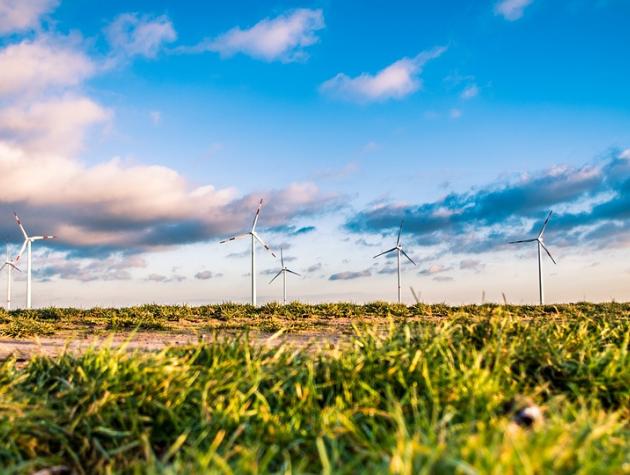Nairobi Workshop Report: Strengthening Sub/Non-State Climate Action in the Global South
Whereas non-state climate action has tremendously gained traction in the past years, most of it has been concentrated in the Global North. Preliminary research findings point out to a geographic imbalance between the Global North and South among cooperative climate actions registered with the United Nations Framework Convention on Climate Change (UNFCCC) administered Non-State Zone for Climate Actors (NAZCA) platform. Organization for Economic Cooperation and Development (OECD)-based, in particular Europe-based, stakeholders represent the majority of partners, lead partners, and funders.
Despite positive trends in participation and implementation in the Global South, important knowledge gaps remain as initial findings indicate that many South-based climate actions are yet to be captured by existing platforms dedicated to climate action as the aforementioned NAZCA. This is the basis upon which the “Strengthening Sub/Non-state climate action in the Global South” (ClimateSouth) project is premised.
The ClimateSouth project is currently surveying climate actions, specifically in Kenya and India, and will continue efforts to map and track climate actions in the Global South involving stock-listed companies, small and medium enterprises, regional and local governments and cooperative initiatives. Data will be collected from desk research, questionnaires and follow-up interviews with the relevant entities. Outputs of the research are: a public database, atlases of climate action in India and Kenya, a report on performance of global initiatives, research articles explaining participation and leadership, policy briefs on how to maximize effectiveness in India and Kenya, as well as on partners and donors.
The workshop presented findings of research on climate action across the globe, the Kenyan and Indian contexts. Additionally, it aimed to obtain from the participants engaged in climate action, ways to scale up these actions and leadership to make them more effective.
Participants were drawn from the academia, sub national governments, civil society, and private sector. It emerged that there have been climate actions but these are undocumented. It was suggested that coordination of climate actions would be key in visibility. To achieve this, the African Non-state Climate Action (ANSCA) platform has been developed. The platform will among other things help close the “visibility gap” of non-state climate action in Africa; create a platform for collaboration and knowledge exchange; and link regional to global non-state climate action.
Non-climate action in Kenya has been to a large extent effective. However, the effectiveness can be enhanced through coordination and collaboration. Strategic partnerships would require non-climate actors leveraging on each partners’ strengths. Performance indicators would also be required. The performance of these indicators could be measured and reported over time to gauge their effectiveness. Funds, communication, public participation are other measures that could enhance effectiveness of non-state climate action.
Download the report to read more.







